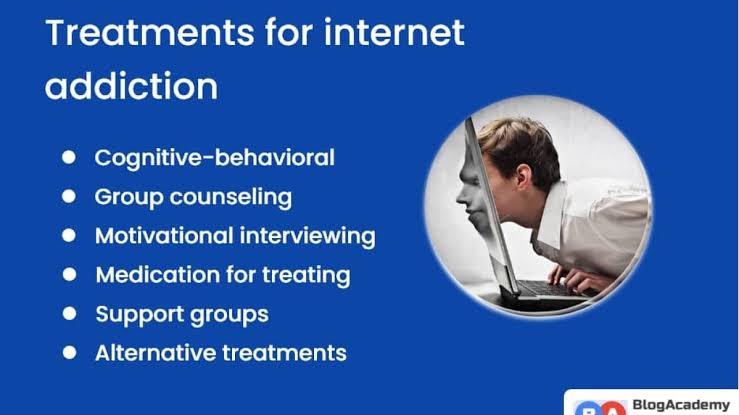The study of Internet addiction first began in the United States in the mid-1990s, and more recent studies have documented Internet addiction in many countries, such as Italy, Pakistan, the Czech Republic, and in China, Korea, and Taiwan. Internet addiction is a growing health concern and the exact cause of Internet addiction is unknown, but The potential factors are diverse, and some researchers have compared it to other conditions involving addiction, such as compulsive buying,
Those with Internet addiction may experience a “high” when using their computers similar to the one experienced by those who shop compulsively when making a purchase. Family and social factors may also play a role, as a person may turn to virtual reality more and more in order to Escape from negative situations in everyday life. Since one uses the Internet frequently and experiences positive feelings and sensations as a result of using the Internet, he or she may depend on the Internet in order to feel good or even normal.
Types of Internet addiction may include sexting or Internet addiction, online gaming addiction, addiction to chat rooms or blogging sites, and others. Some individuals may spend all of their time online surfing websites or reading blog entries. Others may use the Internet. for compulsive shopping or taking part in online gambling, although these, along with sex addiction, are considered as separate addictions.
Addict behaviors:
Shows preoccupation with the Internet, even when not in use
Use the Internet more and more
Inability to stop or cut back on internet use (despite attempts to do so)
Feeling moody, irritable, low, or anxious as a result of attempts to cut down on Internet use
Use the Internet to regulate your mood or to defuse the negative effects of problems
You risk losing a job, romantic relationships, friendships, or academic standing in order to spend more time online
You lose sleep, experience fatigue, and feel apathetic
Lying to family members, friends or mental health professionals about your Internet use or time spent online
Internet addiction is a highly treatable condition. When the addiction is recognized, a therapist or other mental health professional can help the individual take steps to address the behavior and restore the ability to use the Internet in a healthy way. Internet addiction differs from some other addictions in that some level of Internet use is generally necessary for function in society. Thus, the goal of treatment is usually not complete abstinence from sex. Cognitive behavioral therapy, self-help therapy groups, group therapy, and family therapy have all been shown to be effective methods for treating Internet addiction.

